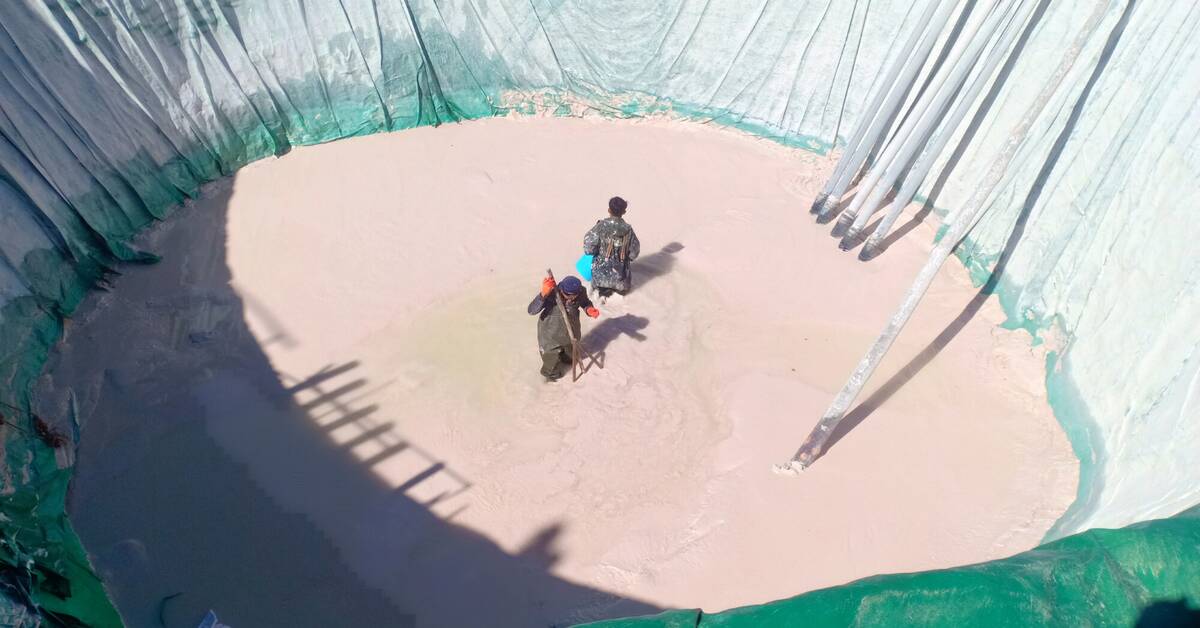In what is often referred to as the green transition, rare earth metals are an important component used in, among other things, wind turbines and electric cars.
China dominates the market and accounts for a large share of the world's consumption.
But according to the non-profit organization Global Witness, open pit mining results in ravaged landscapes, a poisoned environment and polluted waterways.
Therefore, Chinese companies have started to move extraction to a part of neighboring Myanmar.
Miserable working conditions
For six months, Global Witness has been investigating conditions at the extraction in Myanmar, which according to the organization takes place illegally and in completely uncontrolled forms.
In the clip, you see some of the images and videos from Global Witness that show not only the potential devastation of the environment, but also downright miserable conditions for the workforce.
Difference between the countries
The conditions in China and Myanmar have been raised as an argument for extraction in Sweden.
Olof Martinsson, docent in ore geology at Luleå University of Technology, the extraction that LKAB is planning for in Kiruna will be something completely different.
Here, LKAB intends to extract the rare earth metals as a by-product of iron ore mining.
This means that you can more easily calculate the investment financially and you do not claim new land.
- A big advantage is that you recover the substances from something that has previously gone as waste, says Olof Martinsson.
Footnote: Global Witness is an international organization founded in 1993 that works to break the links between the exploitation of natural resources, conflicts, poverty, corruption and human rights violations worldwide. Source: Wikipedia.

